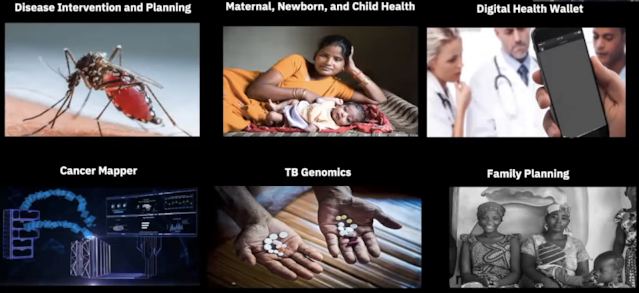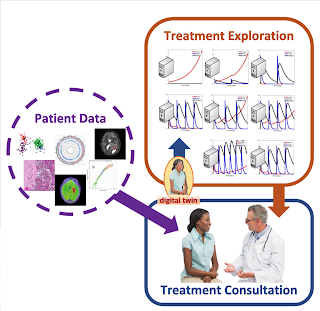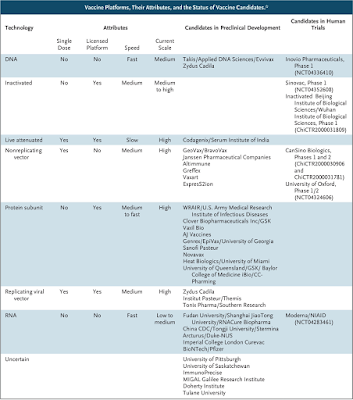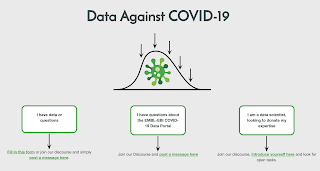DS-I Africa initiative brings together researchers, entrepreneurs, innovators and educators through a global virtual forum

" Rapid advances in data science coming from all over the globe and largely accessible to anybody with internet connection, are expected to be rather transforming and biomedical research..investing now, to develop data science expertise in Africa has the potential to pay really big dividends...We are all Africans. We know this is the cradle of humanity. This is where we all came from. Want to understand genomics, the best place to do that is in Africa " --- Keynote speech Dr. Francis Collins, Director, NIH. Aisha Walcott-Bryant, IBM Research Africa, AI Innovations to Transform Healthcare in Africa From August 10, 2020 through August 19, 2020, the US National Institutes of Health hosted an online-only virtual symposium to communicate the key priorities of the new NIH common fund initiative - Harnessing Data Science for Health Discovery and Innovation in Africa (DS-I Africa). The virtual platform hosted by Know Innovation attracted over 1000 participants globally and provided ...





